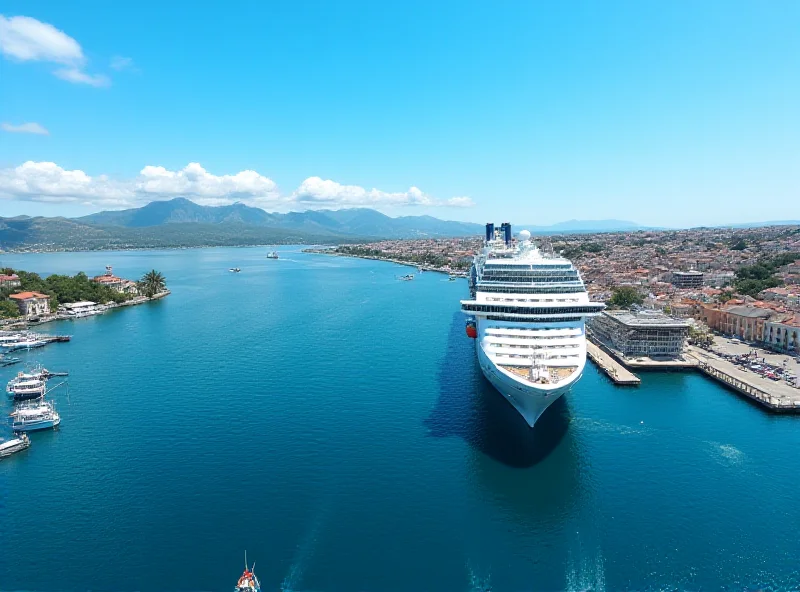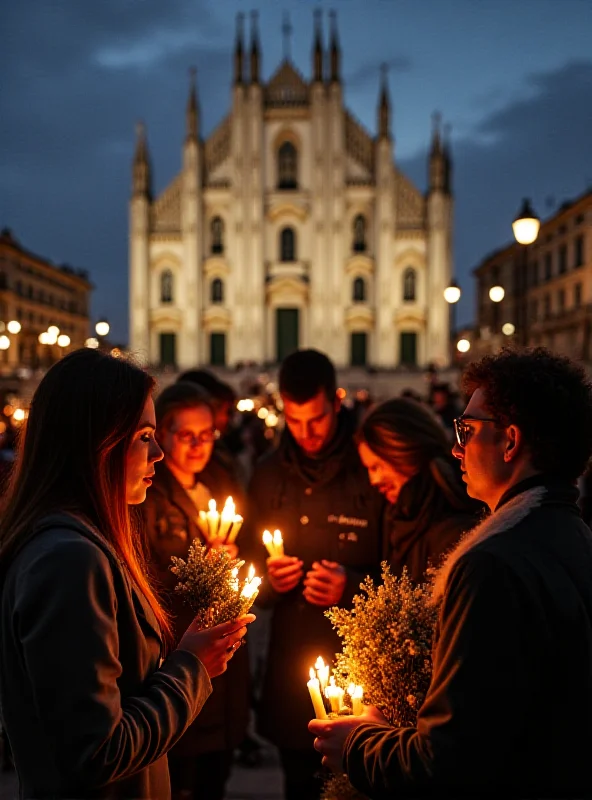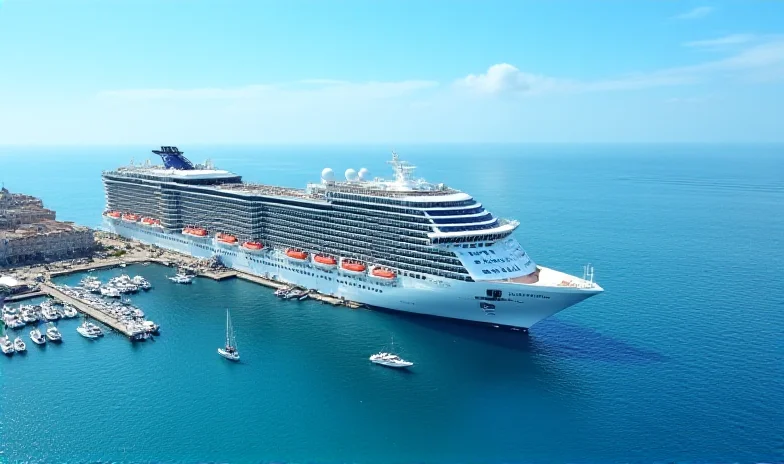Nice, France, is currently navigating a series of complex issues ranging from environmental concerns to economic considerations and the pursuit of justice. The city is grappling with balancing its economic interests with public health and environmental protection, while also dealing with the aftermath of a horrific act of violence.
Cruise Ship Compromise on the Horizon
Mayor Christian Estrosi is set to present a compromise regarding large cruise ships docking in Nice. This comes after initial calls for a ban. The proposal, to be presented to the port council on March 7, aims to reconcile "public health issues and support for the local economy," according to sources. This represents a shift from Estrosi's earlier, more stringent stance. The port council, comprised of representatives from the metropolis and industry professionals, will ultimately decide the fate of large cruise ships in Nice. The outcome will significantly impact the city's tourism industry and its environmental footprint. Balancing these competing interests is a delicate act.

Solar Park Project Halted Over Environmental Concerns
In other news, a photovoltaic power plant project near Nice, in Levens, has been suspended by the Administrative Court. Despite prior validation by the prefect, the court deemed the environmental impact study insufficient. This decision highlights the importance of thorough environmental assessments for large-scale projects. The suspension serves as a reminder that even projects intended to promote renewable energy must undergo rigorous scrutiny to ensure they do not negatively impact the surrounding environment. "The court's decision underscores the need for comprehensive environmental planning," stated a local environmental advocate.
Justice Served in Nice Basilica Attack
The city also continues to deal with the repercussions of the horrific attack at the Nice Basilica in October 2020. Brahim Aouissaoui, the perpetrator of the attack, has been sentenced to life imprisonment without the possibility of parole. On October 29, 2020, Aouissaoui brutally murdered three innocent individuals: Nadine Devillers, Vincent Loquès, and Simone Barreto Silva. The attack sent shockwaves through the community and beyond. The severity of the sentence reflects the gravity of Aouissaoui's crimes and the justice system's commitment to holding him accountable.

The sentencing provides a measure of closure for the victims' families and the community as a whole. However, the memory of the attack remains a painful reminder of the ever-present threat of violence. The city continues to heal and rebuild, while striving to prevent similar tragedies from occurring in the future.

Nice is facing a challenging period as it navigates these complex issues. The city's ability to balance economic interests with environmental protection, and to deliver justice in the face of tragedy, will be crucial in shaping its future.
